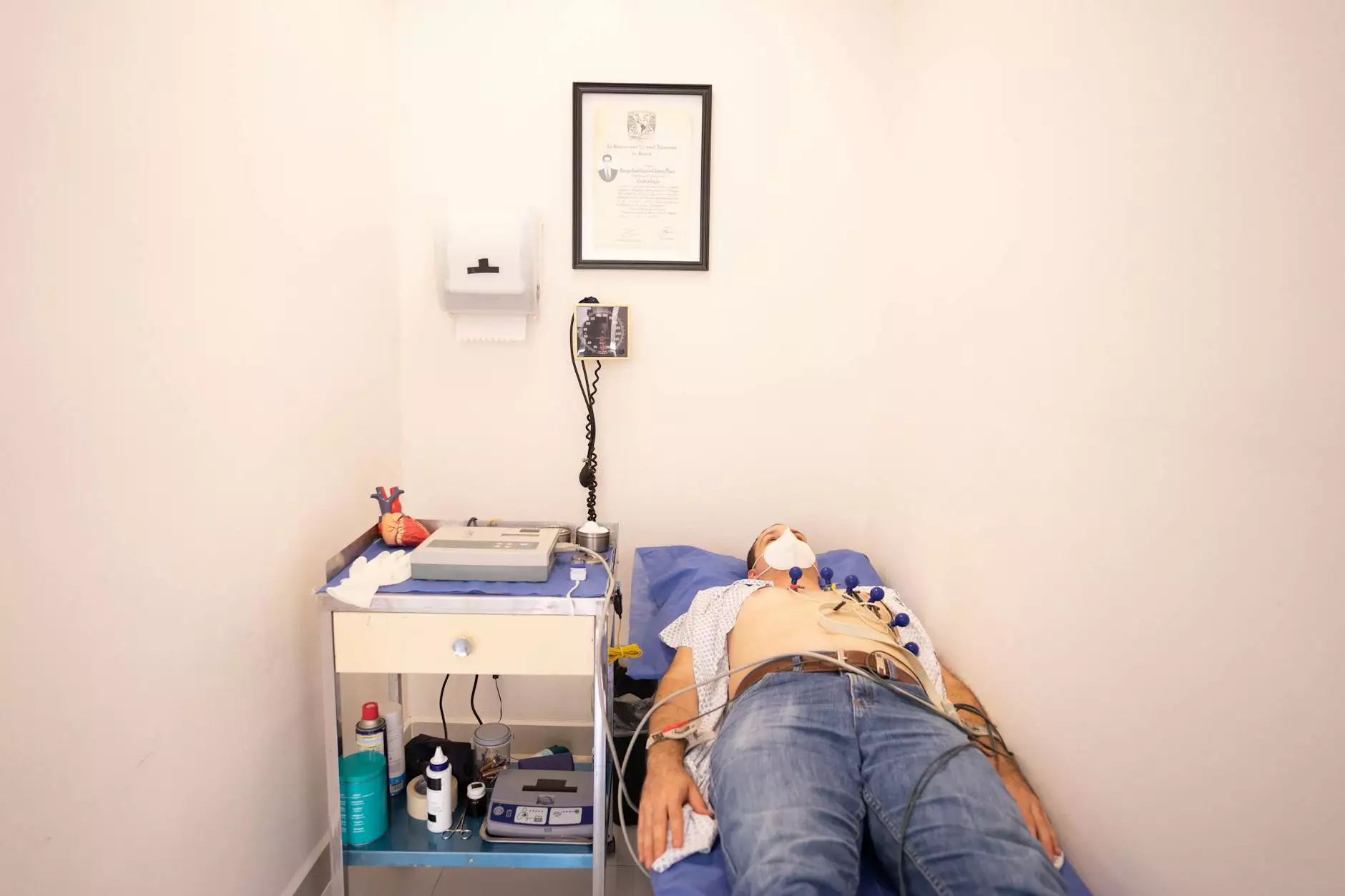What Gout Looks Like
Services
Gout, a form of arthritis, is a painful and chronic condition that affects millions of people worldwide. Understanding what gout looks like, its symptoms, causes, and treatment options are crucial for effectively managing this condition. Benjamin Shettell, MD, is a trusted healthcare professional with extensive experience in treating gout and helping patients find relief. In this comprehensive article, we will delve into the details of what gout looks like and provide valuable insights for managing and preventing its onset.
Symptoms of Gout
Gout typically manifests in sudden and intense joint pain, most commonly affecting the big toe. This excruciating pain often occurs at night and may worsen with movement or touch. The affected joint may appear swollen, red, and feel warm to the touch. It is essential to recognize these symptoms early to seek appropriate medical attention for timely diagnosis and treatment.
Causes of Gout
Gout is primarily caused by a buildup of uric acid in the bloodstream, resulting in the formation of urate crystals in the joints. High levels of uric acid can occur due to various factors, including:
- Diet: Consumption of foods rich in purines, such as red meat, seafood, alcohol, and sugary beverages, can contribute to increased uric acid levels.
- Family History: Gout tends to run in families, and individuals with a family history of gout are at a higher risk of developing the condition.
- Obesity: Excess weight can lead to higher uric acid production and lower excretion, increasing the likelihood of gout.
- Medical Conditions: Certain medical conditions, such as kidney disease or hypertension, can contribute to elevated uric acid levels and increase the risk of gout.
Understanding the underlying causes of gout helps in implementing preventive measures and creating an effective treatment plan tailored to individual needs.
Treatment Options for Gout
Benjamin Shettell, MD, offers a comprehensive range of treatment options for gout aimed at relieving pain, reducing inflammation, and preventing future gout attacks. Treatment modalities may include:
Medications
Nonsteroidal anti-inflammatory drugs (NSAIDs), such as ibuprofen, help alleviate pain and reduce inflammation during gout attacks. Prescription medications, like colchicine or corticosteroids, may be recommended for severe gout symptoms. Additionally, medications to lower uric acid levels, such as xanthine oxidase inhibitors or uricosurics, may be prescribed to prevent future gout flare-ups.
Lifestyle Modifications
In addition to medications, adopting certain lifestyle changes can significantly manage gout symptoms and reduce the frequency of flare-ups. Lifestyle modifications may include:
- Following a balanced diet: Limiting purine-rich foods, reducing alcohol consumption, and staying well-hydrated can help manage uric acid levels.
- Regular physical activity: Engaging in regular exercise can aid in weight management and overall well-being.
- Avoiding trigger factors: Identifying and avoiding triggers, such as certain medications or stress, can reduce the likelihood of gout attacks.
- Managing comorbidities: Effectively managing underlying medical conditions, such as hypertension or diabetes, can contribute to gout management.
Preventing Gout
Prevention plays a pivotal role in managing gout and reducing its impact on quality of life. By making necessary lifestyle changes and following medical advice, individuals can significantly reduce the risk of gout attacks and their associated complications. Regular follow-ups with Benjamin Shettell, MD, enable close monitoring of uric acid levels and adjustment of treatment plans as needed.
Conclusion
Gout, with its characteristic symptoms of joint pain, swelling, and redness, can be a debilitating condition if left untreated. Understanding what gout looks like, its causes, and available treatment options empowers individuals to take control of their health and seek appropriate medical attention. Benjamin Shettell, MD, is committed to providing the highest quality care for patients dealing with gout, offering expert guidance and personalized treatment plans. By leveraging his expertise and implementing necessary lifestyle modifications, individuals can effectively manage gout and enhance their overall well-being. For more information or to schedule an appointment, contact Benjamin Shettell, MD today.










